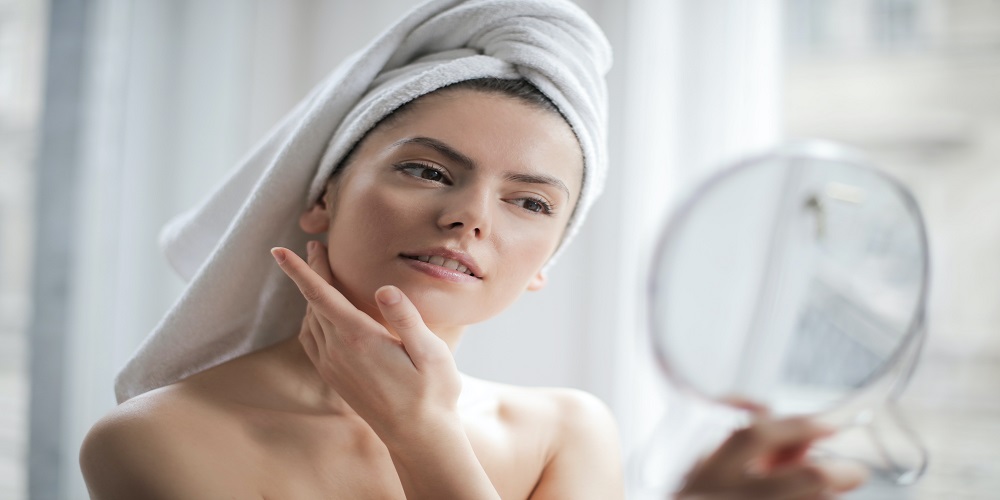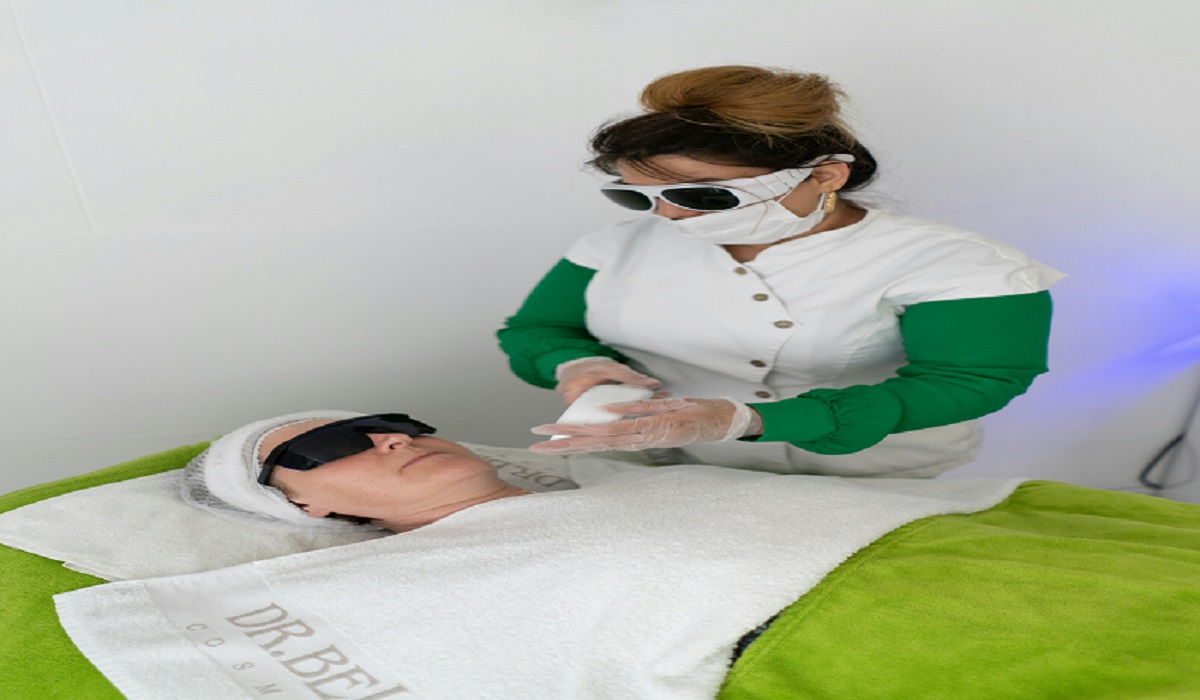The impact of our emotional and mental health on our physical well-being is widespread, particularly when it comes to the condition of our skin. Notably, our skin displays sensitivity by reacting to internal factors such as stress, anxiety, and depression.
It’s okay to get skin treatments when you need them. To shed light on this relationship, present here are nine ways in which one’s moods and emotional health can directly affect the skin.

1. Stress leads to inflammation
When we are stressed, our bodies produce more of the stress hormone cortisol. Cortisol triggers inflammation in the body and skin. Acne, eczema, and psoriasis can worsen due to inflammation. Getting anxious often means more cortisol and more inflammation. Finding healthy ways to manage stress can help treat inflammatory skin conditions.
2. Anxiety causes skin-picking and hair-pulling
Skin picking, hair pulling, and other body-focused repetitive behaviours are common when people feel anxious. These habits can damage the skin and hair. Seeing a therapist and treating anxiety may curb these behaviours. It allows skin and hair to heal.
3. Depression slows wound healing
Studies show depression and chronic stress slow down wound healing. Depression slows the healing of cuts and scratches. Cortisol affects the immunological system. Treating depressive symptoms may help wounds heal quicker.
4. Lack of sleep worsens skin function
Not getting enough sleep is tied to a rise in inflammation. It also elevates cortisol levels. Tired skin has a harder time staying hydrated and fighting off toxins. Aim for 7-9 hours of sleep each night for healthy, glowing skin.
5. Dehydration exacerbates skin conditions
Anxiety and depression can make people forget to drink enough water. Dehydration leads to dry, dull skin. It could aggravate acne, eczema, and psoriasis. Drink lots of water, especially when pressured. Carry a water bottle as a reminder.
6. Poor hygiene can develop skin infections
Low motivation, fatigue, and apathy from depression may cause some people to skip showers or skincare. Lack of hygiene can lead to skin infections. Make an effort to wash your face and body regularly. Ask loved ones for help if needed.
7. A weakened immune system means more cold sores
High stress weakens the immune system. It makes the body more susceptible to the virus that causes cold sores or fever blisters. Keeping stress under control can help prevent painful cold sores from erupting on the lips or around the mouth.
8. Nutrient deficiencies lead to skin conditions
Depression often involves changes in appetite and eating habits. Eating too little of certain foods can cause nutritional deficiencies. Deficiencies in nutrients such as vitamin C, zinc, and iron can result in skin conditions such as dermatitis. Consume a balanced diet to receive sufficient nutrients for healthy skin.
9. Smoking speeds up aging
Many people smoke cigarettes more often when dealing with difficult emotions. Smoking restricts blood vessels and lowers the oxygen supply to the skin. It accelerates aging and wrinkles. Quitting smoking improves blood flow and helps skin look more youthful.
Conclusion
Your emotional health has a big impact on your skin. Learning to manage moods and mental health issues can help treat and prevent many skin conditions. Don’t be afraid to get skin treatments when needed. Work on finding healthy coping strategies for stress and anxiety. Your skin will thank you!


